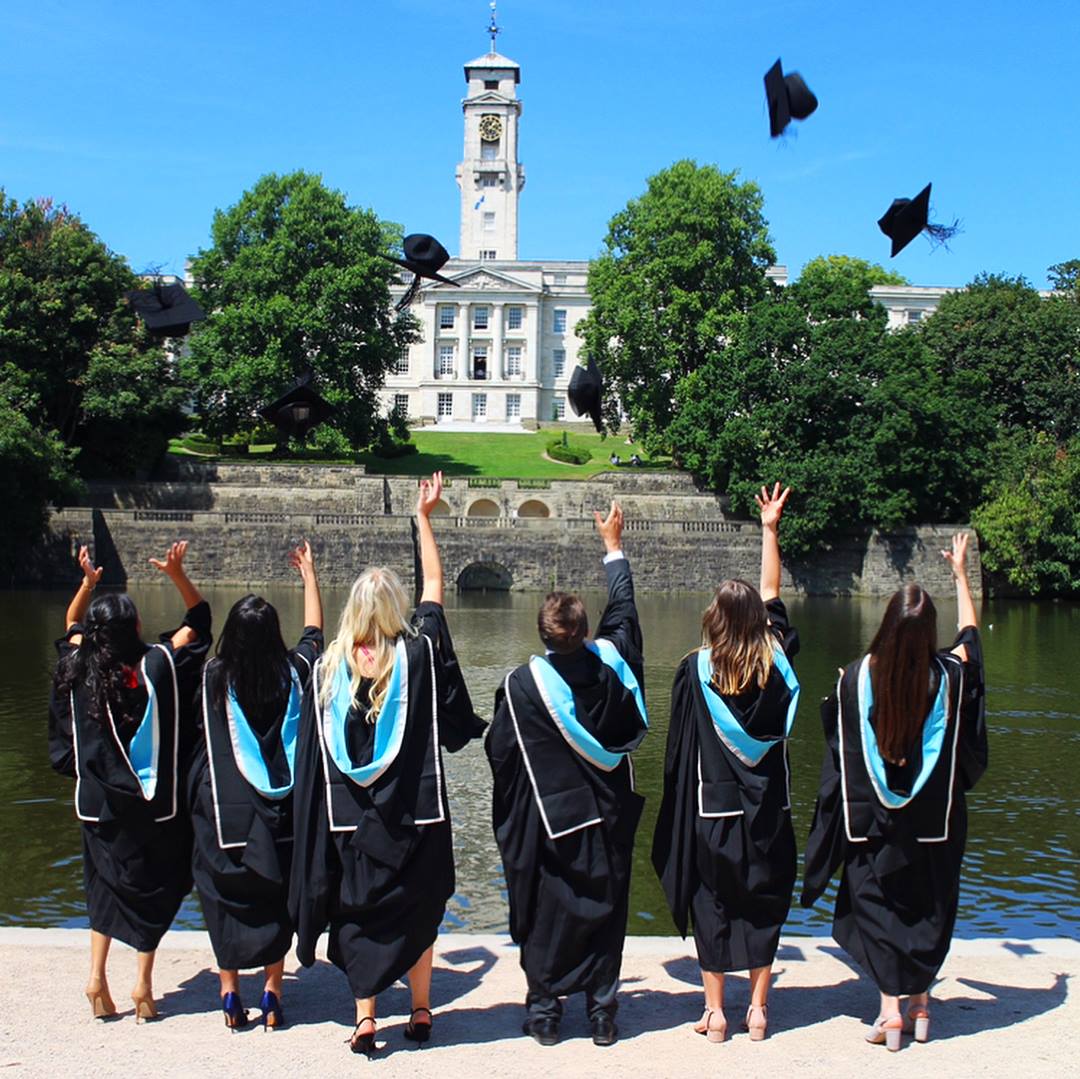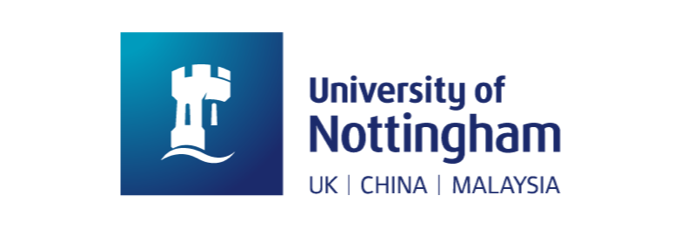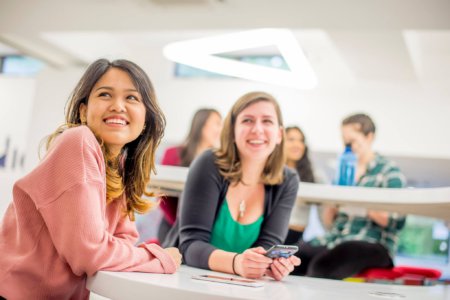At the School of Law, University of Nottingham, some of the world’s elite legal scholars are carrying out a noble mission: educating tomorrow’s academics and practitioners to make a difference in this dynamic field.
Many of its scholars provide leading contributions to legal research. This spans across a broad range of areas, from public procurement and commercial law through to international criminal justice. They conduct inter-disciplinary research with brilliant contemporaries in global institutions, the third sector and the international research community.
These scholars often present at many conferences as well. In 2021/22, some took part in the International Institute for the Unification of Private Law (UNIDROIT) Working Group on Bank Insolvency and the United Nations Commission on International Trade Law (UNCITRAL) Working Group V (Insolvency). Others presented their research findings to a group of International Advisors at the Department of International Trade and discussed their paper at the Centre for Banking and Finance Law at the National University of Singapore. Earlier this year, they organised a conference of their own on the “Impacts of Business and Human Rights on International Law.”
To pursue an LLM at Nottingham is to learn from these greats. With their guidance, LLM students are set to experience the highest standards of intellectual rigour in research-led teaching.
What sets the LLM apart is not just the fact that it is one of the longest established master’s programmes in law in the UK. It’s also about the deep level of support students get.
Here, they learn in group seminars attended exclusively by postgraduate students. This allows students to learn from and better contribute their wide range of perspectives and experiences in classroom discussions – all guided by faculty members who are at the cutting edge of global research in their field. “Seminars are not to be absorbed; rather, they are opportunities for active learning,” says Bekou.
The research-led teaching that Bekou speaks of helps shape students into dynamic law graduates. High-profile academics dedicate themselves to developing their research interests and expertise, creating opportunities for the faculty to develop new seminar topics or modules, which result in a law programme that evolves with the demands of an ever-changing world.
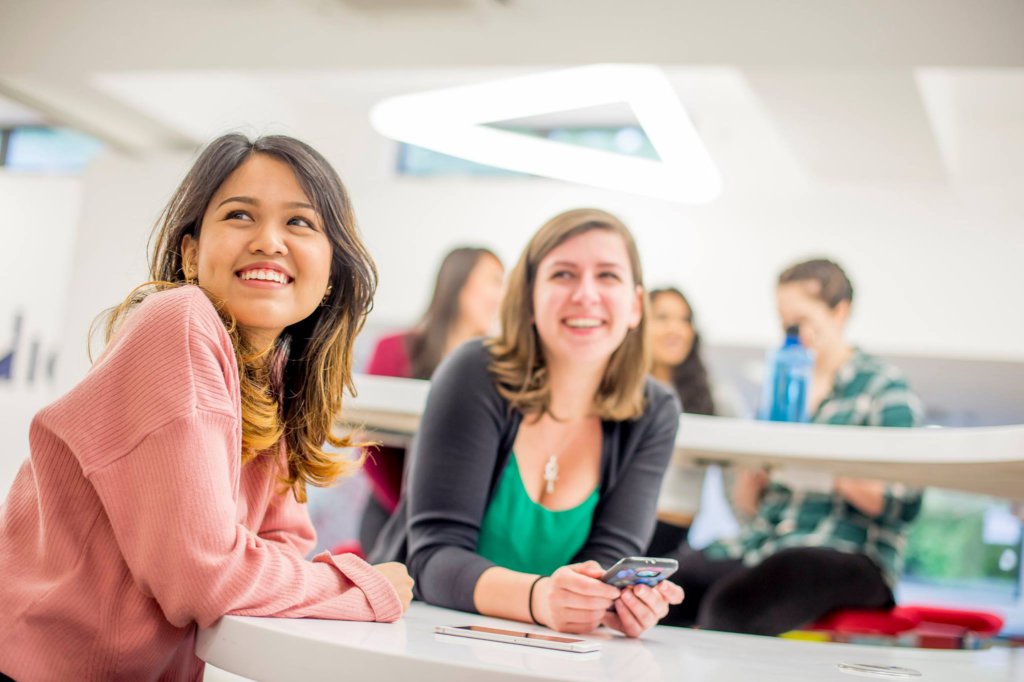
Students have the liberty to control their career direction through general or specialised postgraduate pathways. Source: School of Law, University of Nottingham
The School’s LLM programmes offer several pathways that allow students to generalise or specialise. On top of a dissertation module, they can choose from over 30 modules covering a wide range of topics with the Law (Master of Laws) LLM or the European Law LLM. For those who want to specialise, they can become a full-spectrum human rights advocate with the Human Rights Law LLM; an expert in issues and modern challenges on the law and politics surrounding war and justice with an International Criminal Justice and Armed Conflict LLM; or a contender for positions in business, government and international law practice or related professions with the International Commercial Law LLM, the Public Procurement LLM, the International Law and Development LLM, the International Law LLM and the Public International Law LLM., respectively.
Such opportunities allow students to hone in on the key areas they want to specialise in. As the programme rapidly expands in size and subject-matter coverage, students can study areas of law which may not be available or deeply covered in their home country; it allows them to control their future fully.
To enhance classroom-based learning and provide real-world experience, the School houses the International Criminal Justice Unit (ICJU) – a unit that Bekou has led since 2003. It conducts research and training and engages in knowledge transfer and capacity building projects (including specialised short courses for foreign judiciaries).
It is on the back of this work that the Human Rights Law Centre has been granted the status of outsourcing partner for the International Criminal Court’s flagship Legal Tools Project. The centre is the only such partner based in the UK. In this, the School has developed the National Implementing Legislation Database (NILD) and the Cooperation and Judicial Assistance Database (CJAD) which form part of the Legal Tools, the first and most comprehensive online information platform in international criminal law. More than 150 postgraduate students have been given the opportunity to work on the ICC’s Legal Tools Project whilst at Nottingham, gaining vital practical experience. Few law schools across the country guarantee an opportunity for students to work on a comprehensive database hosted on the International Criminal Court website – the School can.
A vibrant and active law student community
Regardless of the path they choose, students will have the backing of a vibrant and active law student community at the School of Law. Here, several societies cater to various activities that interest law students. Whether they join one or several, they will find a community that will make the most of their Nottingham journey.
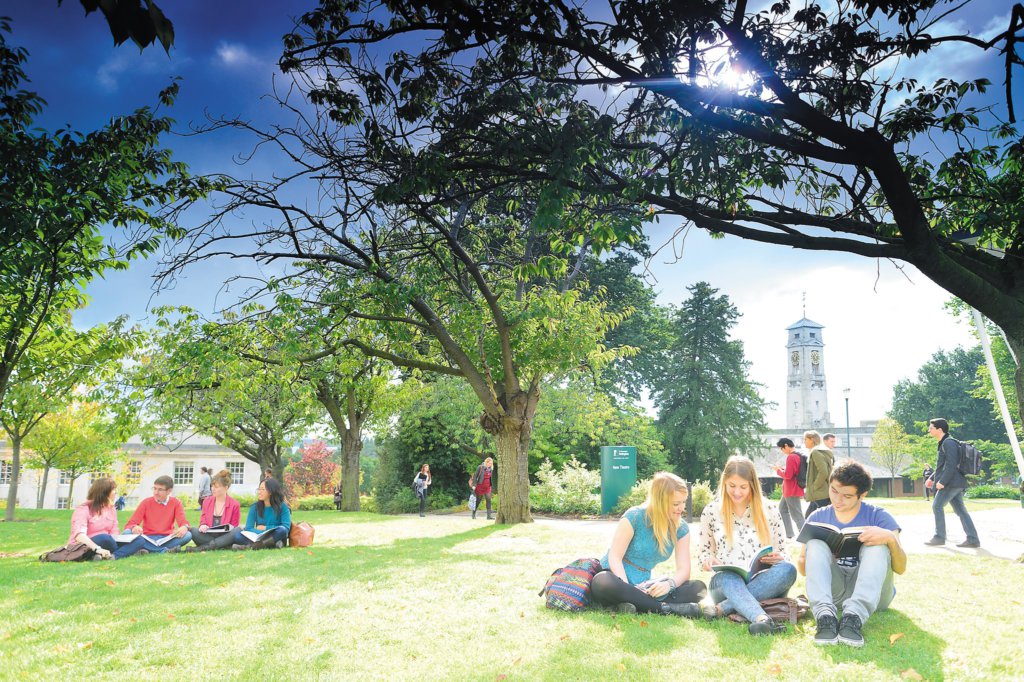
Five law societies serve to advance the interest of students to their best capabilities. Source: School of Law, University of Nottingham
With nearly 1,000 members, the Law Society collaborates closely with reputable law firms to provide members with excellent career and networking opportunities. Thanks to its kind sponsors, it can also offer the biggest socials across campus at the lowest prices. The LawSoc Adoption Scheme, one of the most long-standing and successful internal mentoring schemes at the University of Nottingham, is proof that the Law Society is one big, strong family.
In 2019, the Bar Society was recognised as the overall best law society in the UK by LawCareers for its close relationship with over 40 leading law firms and education providers. Typical events by the society include fortnightly trips to Nottingham Crown Court, dinners at and tours of the four Inns of Court in London, talks in Nottingham by leading practitioners, and many more.
If you seek an impactful LLM degree that comes with a dynamic campus experience, you will find it at the School of Law. Apply here today.
Follow the School of Law, University of Nottingham on Facebook and Twitter.

